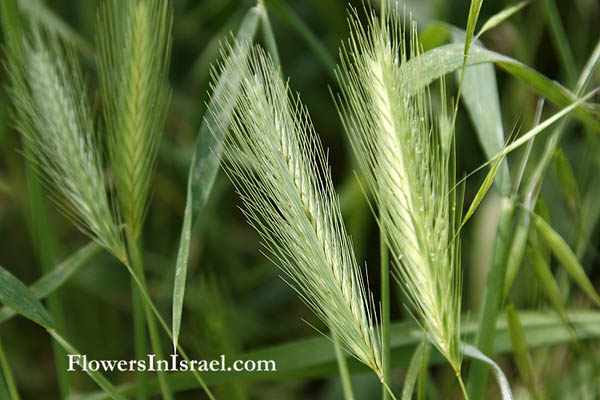
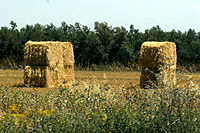
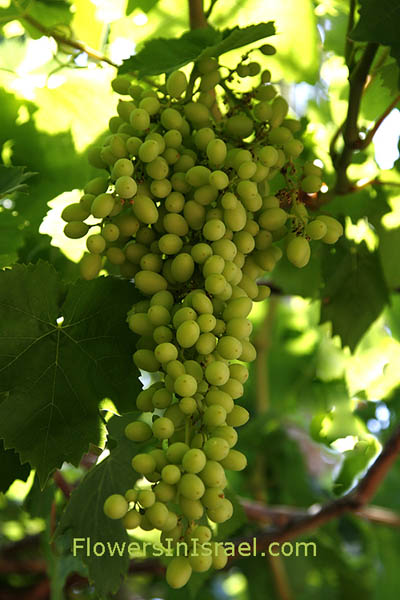
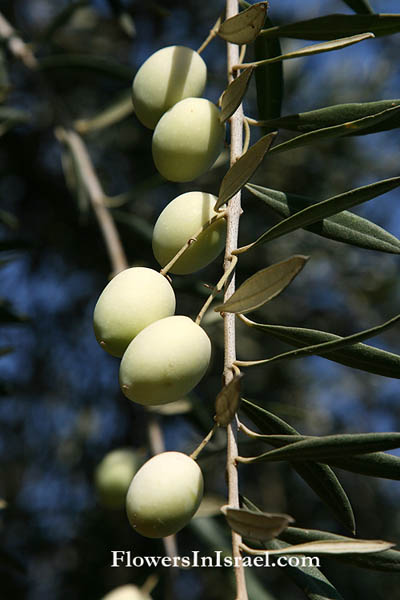
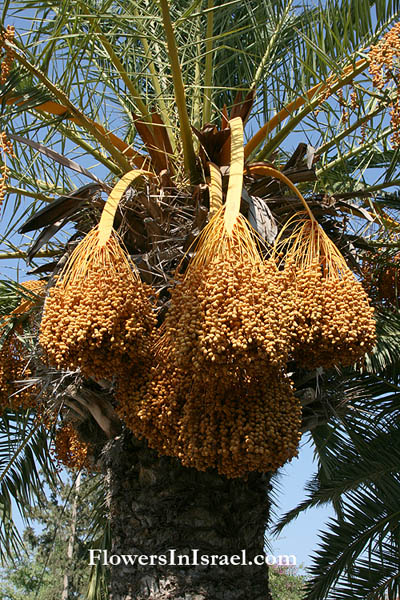
|
|
Feast of Weeks - Shavuot, שבועות
List of Dates
Shavuot begins on:
- Jewish Year 5782 - Saturday evening June 4, 2022
- Jewish Year 5783 - Thursday evening May 25, 2023
- Jewish Year 5784 - Thuesday evening June 11, 2024
- Jewish Year 5785 - Sunday evening June 1, 2025
There are five names for Shavuot:
1. Chag Hakatzir – The Festival of Reaping
2. Chag Hashavuot – The Festival of Weeks
3. Chag Habikurim – The Festival of the First Fruits
4. Atzeret – The Conclusion. The Talmud gives it this name.
Shavuot is the conclusion to the holiday of Pesach much
like Shemini Atzeret is the conclusion of Succoth.
5. Zman Matan Torah – The Time of the Giving of the Torah.
The Talmud suggests that the Ten Commandments were
given on the 6th of Sivan.
Shavuot is always the 50th day following the beginning of Passover.
Celebrating the harvest and commemorating the giving of the Ten Commandments to the Jewish People on Mount Sinai.
Counting of the Omer is the Torah commandment to count forty-nine days beginning from the day on which the Omer, a sacrifice containing an omer-measure of barley, was offered in the Temple in Jerusalem, up until the day before an offering of wheat was brought to the Temple on Shavuot.
The Counting of the Omer begins on the second day of Passover and ends the day before the holiday of Shavuot, the 'fiftieth day.'
Beginning from Shavuot through Succoth one may bring his offerings of the first fruits "Bikurim" and read the "Mikra Bikurim", the reading of Deut 26/5-10 explaining the gift of Bikurim : "My father was a wandering Aramean... The Lord freed us from Egypt... He brought us to this place and gave us this land, a land flowing with milk and honey, wherefore I now bring the first fruits of the soil which You, O Lord, have given me".
Deut. 8:8 describes the Land of Israel as "a land with wheat and barley, vines and fig-trees, pomegranates, olive oil and honey."
The bikkurim brought to the Temple in Jerusalem on Shavuot were brought only from these seven species.
The word sheva, seven, has the same characters as the word savea, meaning satiated.
Of the seven species, four have the greatest importance in the land of Israel: wheat, barley, grapes and olives. These four are mentioned throughout the Bible by the names grain (wheat and barley), wine (from grapes), and oil (from olives).
There are a few reasons of reading the Book of Ruth during the morning service prior to the Torah reading on the first day of Shavuot in Israel, and on the second day in the Diaspora. The Book of Ruth is the story of a Moabite woman, who lived about 1322 BCE, and took upon herself the laws of the Torah. Shavuot commemorates the receiving of the Torah by Israel.
The story of Ruth takes place during the period of the Counting of the Omer and culminates at the time of the wheat harvest, which is the time of Shavuot.
Ruth 1:22, "So Naomi returned, and Ruth the Moabites, her daughter-in-law, with her, which returned out of the country of Moab: and they came to Bethlehem in the beginning of barley harvest."
According to tradition, King David, the great-grandson of Ruth, was born and died on Shavuot.
Bible resources:
- Exodus 34:22
"Celebrate the Feast of Weeks with
the firstfruits of the wheat harvest, and the Feast of
Ingathering at the turn of the year.
- Leviticus 23:15
[ Feast of Weeks ] " 'From the day after the Sabbath,
the day you brought the sheaf of the wave offering, count
off seven full weeks.
- Numbers 28:26
[ Feast of Weeks] " On the day of firstfruits, when you present to the LORD
an offering of new grain during the Feast of Weeks, hold a
sacred assembly and do no regular work.
- Deuteronomy 16:9
[ Feast of Weeks ] Count off seven weeks from the time
you begin to put the sickle to the standing grain.
- Deuteronomy 16:10
Then celebrate the Feast of
Weeks to
the LORD your God by giving a freewill offering in
proportion to the blessings the LORD your God has given you.
- Deuteronomy 16: 17
Three times a year all your men must
appear before the LORD your God at the place he will choose:
at the Feast of Unleavened Bread, the Feast of Weeks and the
Feast of Tabernacles. No man should appear before the LORD
empty-handed.
- 2 Chronicles 8:12-14
On the altar of the LORD that he had built in front of the portico, Solomon
sacrificed burnt offerings to the LORD, 13 according to the
daily requirement for offerings commanded by Moses for
Sabbaths, New Moons and the three annual feasts—the Feast
of Unleavened Bread, the Feast of Weeks and the Feast of
Tabernacles. 14 In keeping with the ordinance of his father
David, he appointed the divisions of the priests for their
duties, and the Levites to lead the praise and to assist the
priests according to each day's requirement. He also
appointed the gatekeepers by divisions for the various
gates, because this was what David the man of God had
ordered.
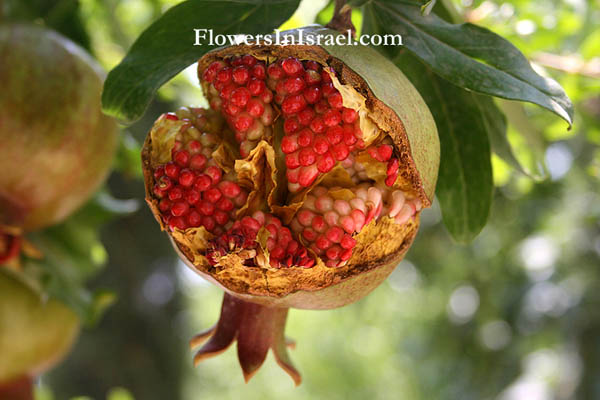
|
| |
|
|